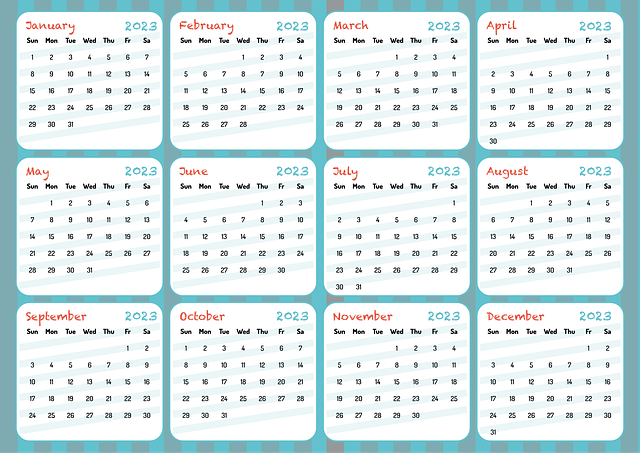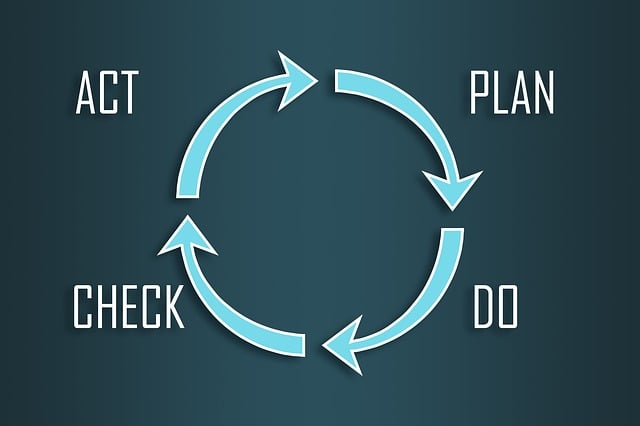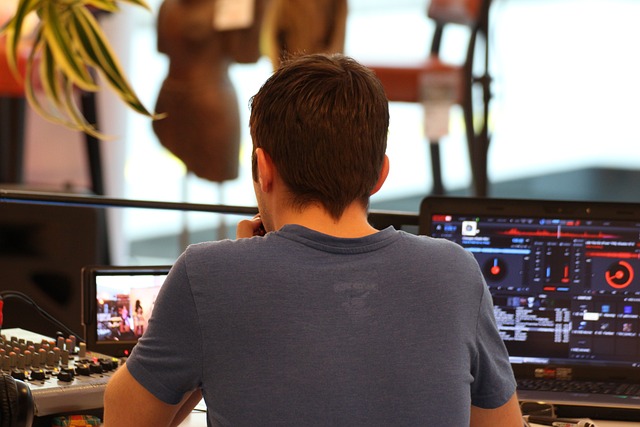Event Planning for Local Businesses thrives on understanding and engaging with the community. By researching demographics, interests, and local culture, planners can create events that foster a strong sense of belonging. Direct community involvement through surveys and social media provides valuable insights. Aligning events with local tastes, culture, and needs ensures high attendance and fosters relationships between businesses and the area's inhabitants. Engaging community leaders, influencers, and sponsors amplifies event visibility, success, and positive economic impact.
Local events play a pivotal role in fostering community engagement and driving business success. This article guides event planners through the art of coordinating local gatherings that leave a lasting impression. We explore key strategies, from understanding your audience and identifying influencers to crafting themes, managing logistics, and promoting events effectively. Discover how these steps enhance collaboration, maximize attendance, and ensure successful outcomes for local businesses through tailored event planning.
- Understanding Your Local Community: Key to Successful Event Planning
- – Research and engage with local demographics and interests
- – Identify community leaders, influencers, and potential sponsors
Understanding Your Local Community: Key to Successful Event Planning

Understanding your local community is a cornerstone in event planning for local businesses. It involves taking the time to know your neighbors, their interests, and what makes your town unique. By engaging with residents, business owners, and local organizations, you can tailor events that resonate deeply with the community. This connection fosters a sense of belonging and ensures your events are well-attended and successful.
This knowledge allows event planners to choose suitable venues, cater to local tastes, and align activities with the area’s culture. For instance, a farmers’ market might be a perfect fit for a small town known for its agricultural heritage, while a tech summit could be more suitable for a city with a thriving startup scene. This strategic approach not only elevates the event experience but also strengthens the bond between local businesses and their community.
– Research and engage with local demographics and interests

When planning local events aimed at achieving success, thorough research and understanding of the community’s demographics and interests are paramount. Event planners must identify the unique cultural, age, and socioeconomic factors that shape their target audience. This involves delving into local trends, community preferences, and demographic shifts to tailor experiences that resonate deeply with attendees. Engaging directly with the community through surveys, focus groups, or social media interactions can offer invaluable insights into people’s interests and expectations for events in their area. By aligning event themes, activities, and attractions with these findings, planners create engaging experiences that foster a sense of belonging and leave lasting positive impressions.
For event planning professionals focusing on local businesses, this demographic-driven approach is key to ensuring high attendance and participant satisfaction. Understanding the specific needs and preferences of nearby enterprises allows for tailored programming that promotes community spirit and supports local economic growth. This strategy not only strengthens business relationships but also fosters a vibrant local scene, encouraging collaboration and fostering a positive image for the area among residents and visitors alike.
– Identify community leaders, influencers, and potential sponsors

Identifying community leaders, influencers, and potential sponsors is a critical step in event planning for local businesses. These key stakeholders can significantly enhance the visibility and success of your event. Community leaders, often well-connected individuals with deep roots in the area, can provide valuable insights into the needs and interests of the local population. Influencers, on the other hand, possess the power to spread awareness about your event through their networks, reaching a broader audience that might not have been exposed to your initiative otherwise.
Sponsors are another vital component, as they offer financial support and can help in promoting the event through various marketing channels. Engaging with these groups ensures a well-organized and successful local event that resonates with the community while also providing tangible benefits for participating businesses.
Event planning that truly resonates requires a deep understanding of one’s local community. By researching demographics, engaging with key influencers, and identifying potential sponsors, event organizers can create meaningful experiences that cater to the unique interests of their area. This strategic approach not only ensures successful events but also fosters a stronger sense of community for local businesses and residents alike.














